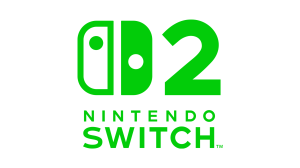Online auction service eBay is moving to protect sellers in the trading card market, shifting the site’s return policy to avoid conflicts between buyers and sellers which can occur when the card’s value decreases significantly over the course of the 30 days eBay offers buyers to return most items. Sellers have complained that the longer timeline of the old policy rewarded buyers who had second thoughts after their card dropped in value, making it less of an investment and easier to inexpensively replace. The new policy, announced today, is effective July 29, and applies to claims arguing that the wrong item was received.
Videos by ComicBook.com
While some sellsers have their own return policies in place, even those who don’t accept returns can be compelled to in special circumstances. eBay offers flexibility for buyers who claim they never received their item, or what they received was not what they paid for.
You can see the new policy, laid out in a tweet from The Action Network’s Darren Rovell, below.
JUST IN: @eBay issues new policy hoping to reduce return fraud, when buyers return sellers cards up to a month later when the value has gone down. pic.twitter.com/WkhDIW30mf
— Darren Rovell (@darrenrovell) June 21, 2021
In its early days, eBay had a reputation as someplace where you could get unlicensed or bootleg merchandise, and where any given sale might be suspect, since it was all peer-to-peer selling at a time when that was highly unusual outside of a small, local area. As the site grew, so do its moderation and enforcement capabilities, as well as its reputation.
Now a well-known corporate entity, eBay tends to favor sellers over buyers in many situations, so when a change is made to benefit sellers over buyers, it’s usually because there has been documented abuse of the policy by buyers.
This is not the first high-profile rule change eBay has made recently; earlier this month, eBay announced that buyers will no longer have the ability to retract bids on trading card auctions without seller approval. They also tightened restrictions around content of a sexual or pornographic nature, a move that detractors say has cut off one of the few mainstream avenues for the sale of sex-positive LGBTQIA+ merchandise and content.








